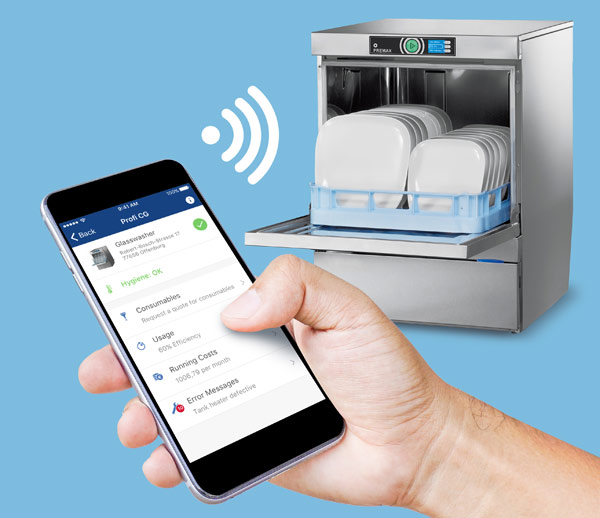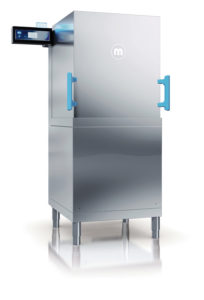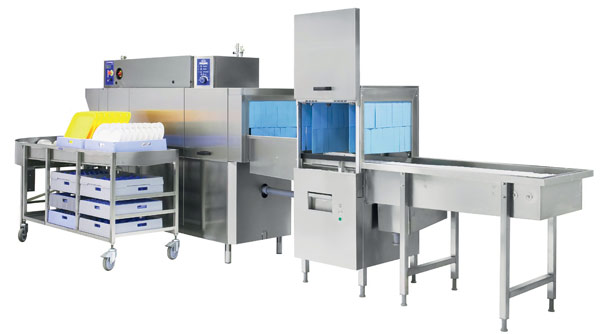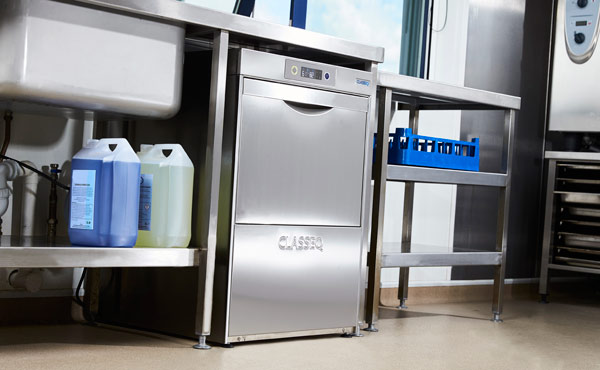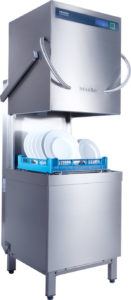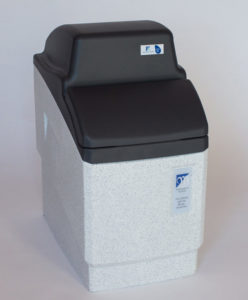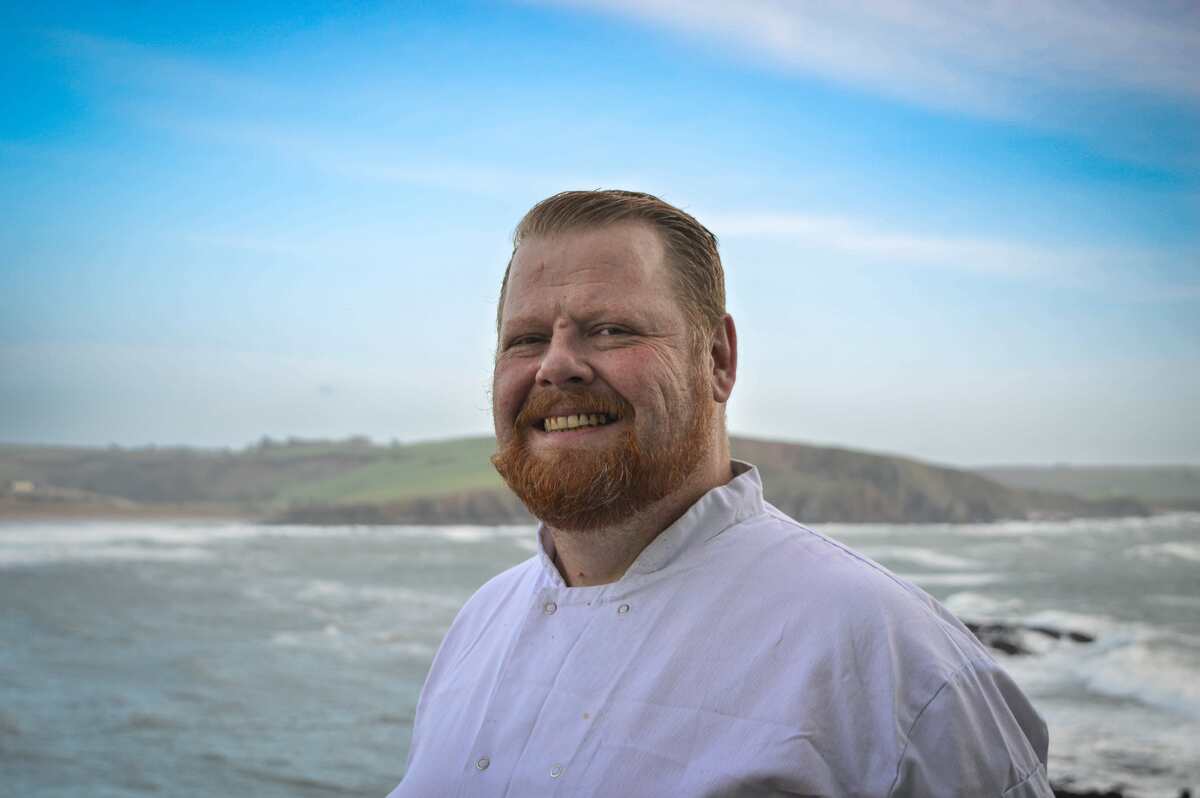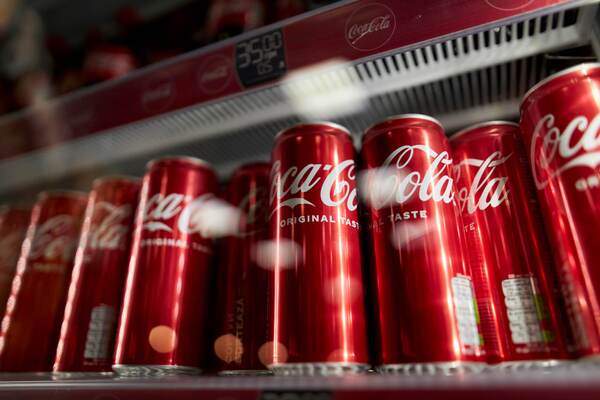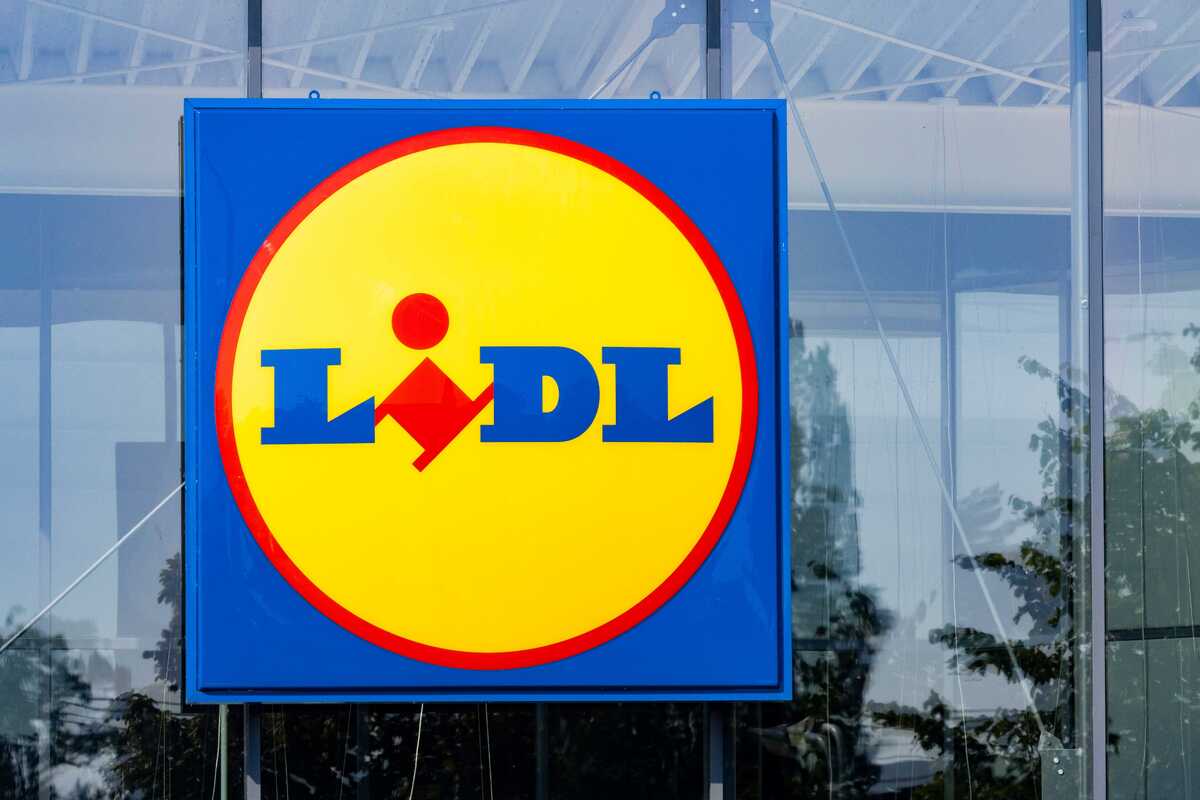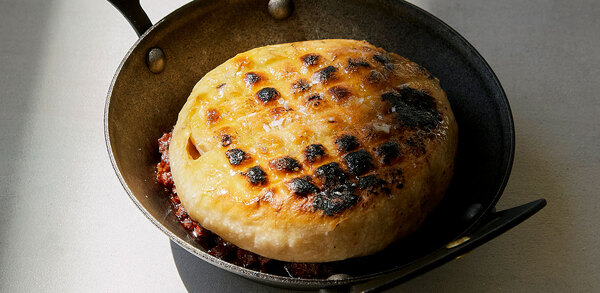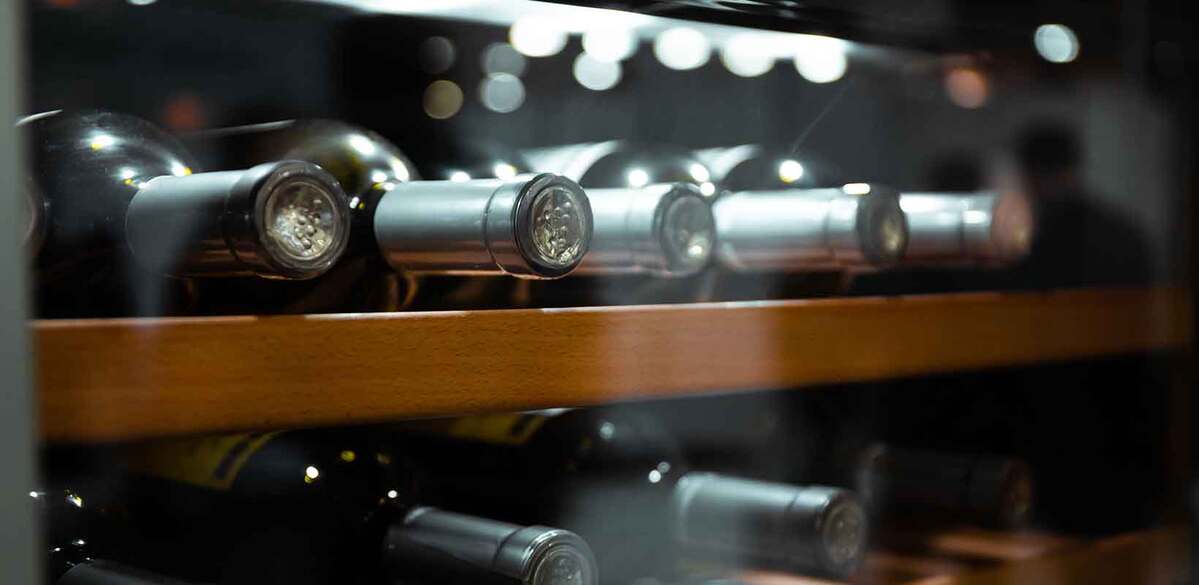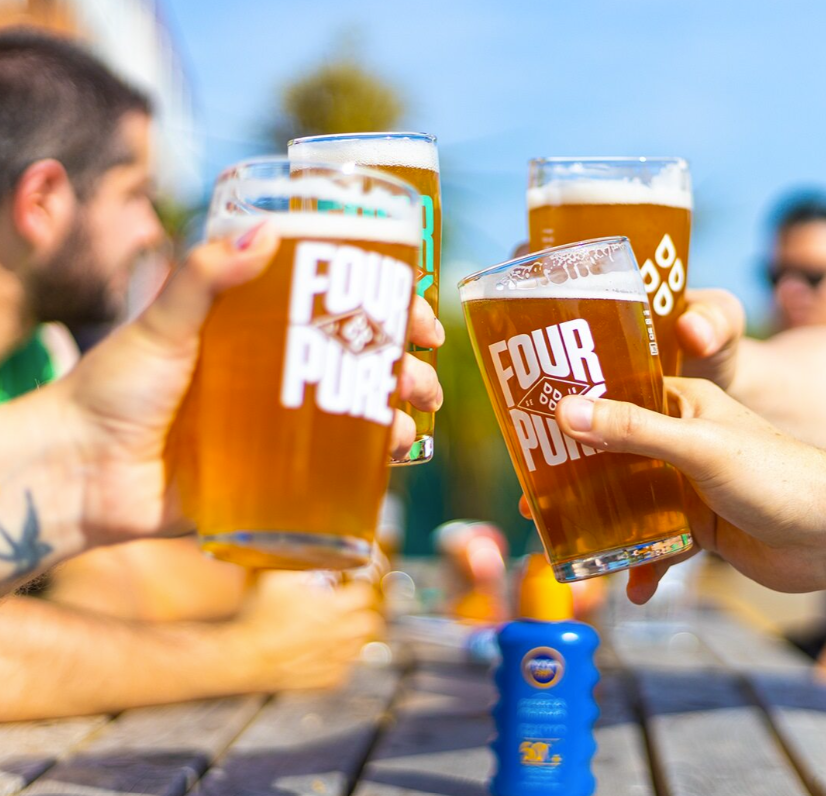Re-use, recycle, reduce: how to choose an efficient warewasher
With sustainability and economy top priorities in foodservice, operators require warewashing equipment that minimises water, fuel and chemical use, saving money and the environment. The hospitality sector also relies heavily on its warewashing machines to deliver reliable and consistent levels of cleanliness, given that any blips can slow down service.
Luckily suppliers are ahead of the game with dishwashing wizardry in all sizes, from the smallest undercounter models to industrial rack conveyor machines.
An operationâs warewashing needs will vary hugely depending on whether itâs a small bar, a large restaurant or anything in between, but Sam Bailey, sales and marketing director of Mieleâs Professional division, has some tips.
First, buy a dishwasher that is appropriate for your size of business, as itâs vital that the warewasher turnaround time matches your table turnover. If youâre a busy establishment, consider a tank dishwasher, which can wash glasses and crockery at a quicker pace without compromising on quality. Miele offers a range of undercounter and hooded tank dishwashers, including the PG 8172 Performance model, which has a wash cycle of 50 seconds and can wash 72 full baskets an hour.
Tank dishwashers use water, electricity and detergent sparingly, and as with the Miele machines, provide an eco cycle where water use is reduced to its minimum, Bailey says.
Businesses that require tableware to be used straight after washing should consider an AutoOpen feature to dry the contents of the dishwasher quicker, making it much easier for staff to manage an influx of customers.
Tim Bender, sales director of Hobart Warewashing UK, says that advances in technology mean that the modern warewasher is almost as fast as it can be. Factors such as capacity, footprint and smarter integration with the human operator are now the areas where there are room for improvement.
Smart option
Connectivity is also topical, and smartphone and tablet apps â" such as Hobartâs WashSmart app â" can monitor the machine remotely. The app monitors the levels of detergent and water to determine overall operating costs, gives hygiene reports, can order consumables and receive error reports for any machine breakdowns.
The role of the kitchen porter will also evolve. âWeâre trying to eliminate parts of the process to help operators save on labour costs,â he says. âHobartâs Automatic Soil Removal System means dirty plates can be stacked directly in the rack and then transferred straight into the machine without pre-washing, for example.â
Waste not
Supplier Nelson advises that the older-style dishwasher or glasswasher can be responsible for more than one third of a kitchenâs energy usage and as much as 60% of water drawn. It is worth calculating the potential savings you could get from a new, energy efficient machine, as the payback period could be relatively short.
According to Nelson, customers are becoming increasingly aware of changes in warewasher design and are seeking them out. Nelson is launching a new, more energy- and water-efficient range this spring, although the current Advantage range will continue to be available, it says.
Warewasher manufacturer Krupps says its products are designed to make the minimum environmental impact. Its Elitech range ensure the rinsing water quantity is always the same, and a Wi-Fi connection is used to check the machine consumption and working hours, helping to maximise the warewasher use and run the best cycle, avoiding waste.
However, Adam Lenton, marketing manager at Classeq, warns that itâs easy to become seduced by advanced features and options that are rarely used correctly and can over-complicate the operation of machines. Classeq warewashers feature straightforward button controls and universal signs, making it easy for staff members to operate, he says.
âIn a survey we undertook last year, one of the primary factors that affected purchasing of warewashers was reliability. Eight out of 10 front of house managers said they look for reliability when buying a warewasher â" despite there being a plethora of energy saving models with high-tech programmes on the market. The operators and managers questioned wouldnât put the latest tech features above performance and reliability when choosing their warewashing equipment.â
The next big trend will be connectivity, with the goal being the ability to repair machines remotely without having to send an engineer to the site, he adds.
The first catering equipment company to attain the Carbon Footprint label from the Carbon Trust, which shows a commitment to measuring and reducing the resource footprint of a product, is Winterhalter UK. Paul Crowley, marketing development manager, says that the company can give accredited running costs, including energy figures, for the lifetime of its machines.
Crowley says: âWe know that 90% of carbon emissions of a warewasher, and therefore energy usage, occurs during the in-use phase. So look for warewashers that save consumption of natural resources.â
Winterhalter Energy and Energy Plus machines recycle the energy from the machineâs steam and waste water, which would normally escape when the door is opened or waste water drained, to heat the incoming cold water.
Connected Wash from Winterhalter allows its warewashers (individually or a whole estate) to be remotely monitored via an app. The technology will warn when there is no water or chemicals, or if a wash arm is blocked. It can show when doors are opened too early, when machines are being switched on unnecessarily before the first wash, or if the machineâs self-cleaning programme is not being used.
Heat recovery units allow the dishwasher to be fed by cold water. The system extracts heat and steam already in the dishwasher, using it to pre-heat the incoming cold water up to 45-50°C.
Comendaâs Automatic Proportional Rinse System for conveyor warewash systems gauges the amount of water required for the volume of ware in the machine and the rack transport speed selected, thus reducing water, energy and chemical consumption by up to 33%.
The companyâs new DHM scraping module eliminates the need for a manual prewash hose and sink system. It is installed ahead of the prewash module to remove heavy soiling from dishes and plates, using a combination of arms fitted with several multidirectional jets.
Water quality also plays its part in cutting warewashing costs, and water softening equipment will improve efficiency and wash results, as there will be no need for staff to polish water marks off crockery, cutlery and glassware, says Kevin Johnson, managing director at Monarch Water.
Hard water is estimated to be responsible for approximately 70% of equipment failure, and water treatment can minimise machine downtime due to limescale build-up. âPayback on the capital investment of a water treatment system is relatively quick,â Johnson says.
Supplier Crystaltech has developed a reverse osmosis system that pushes purified water through the wash cycle at lower temperatures, reducing the need for cleaning chemicals by 70%. It also removes the need to hand-polish glassware, saving staff time and avoiding transferring germs with cleaning cloths.
Glenn Roberts, chair of the Catering Equipment Suppliers Association (CESA), says that many catering operations may only have one warewasher, which means the terms of warranty are more important than with other types of equipment. If the only warewasher on site goes down, itâs a crisis.
Warranty terms and conditions should include the service that will be offered if there is a manufacturing fault and cover how long the call-out response may take â" so always study the small print.
Suppliers
CESA
www.cesa.org.uk
Classeq
www.classeq.co.uk/warewashing
Crystaltech
www.crystaltech.co.uk
Hobart
www.hobartuk.com
HTG Trading (Hubbard Systems)
www.comenda.co.uk
Miele Professional
www.miele.co.uk/professional
Monarch
www.monarchwater.co.uk
Nelson
www.nelsonwash.co.uk
Wexiödisk
www.wexiodisk.com/en
Winterhalter UK
www.winterhalter.co.uk



